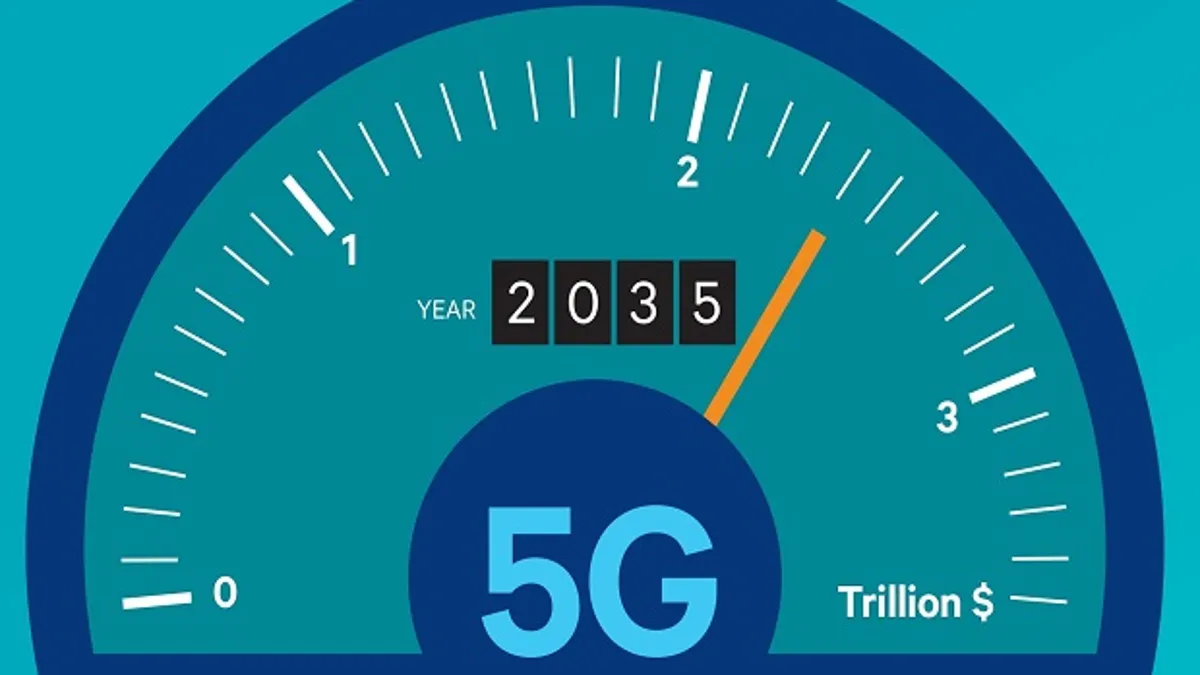GDPR in real life: Fear, uncertainty, and doubt

Part one: Why are most organizations still not ready for GDPR? And what are the implications and mechanisms of applying GDPR provisions for companies, individuals, and regulators?
Read More →DataStax Enterprise Graph 6.0: what’s new, and what’s coming?

DataStax Enterprise just released version 6.0, a major upgrade. We take an insider tour with Jonathan Lacefield, Senior Director of Product Management with DataStax, focusing on DSE Graph. Even though news on the new DSE release have been out for a while, one of the principles to go by in the tech world is “never […]
Read More →The road to automation, the joy of work, and the ‘Jen problem’

How do we get to the point where technology is the infrastructure firms run on, and what happens when we do?
Read More →Conway’s Law and the future of healthcare data management: Genome, Blockchain, and GDPR

Maladies in healthcare data management are obvious, but what about solutions? From selling Genome data to using Blockchain and the effects of GDPR, would we rather stick to the devil we know?
Read More →Healthcare’s $3 trillion question: Should the likes of Google and Facebook control this data?

How is data managed? Do users get to have consent over how their data is used? And do they get a cut out of the value generated by using that data? Let's take a walk on the wild side.
Read More →GPU databases are coming of age

GPUs are powering a new generation of databases. What is so special about them and can they come into their own?
Read More →Water data is the new oil: Using data to preserve water

Data and water do mix, apparently. Using data and analytics can lead to great benefits in water preservation.
Read More →Data.world: The importance of linking data and people

Notepads, graphs, data lakes, collaboration, and data manifestos. Data.world has an interesting blend of philosophy and technology going on — and it all converges around one thing: Facilitating data-driven analysis by making it a team sport.
Read More →Is 5G the missing link for autonomous vehicles, smart cities, and a brave new world?

We may have hit peak 5G hype before 5G is actually available. But is 5G really a game changer?
Read More →DataTorrent: Hard code around streaming data philosophy in 90 days

We give you streaming data applications in 90 days, no matter what. And we'll do anything, including building on our closest competitor's engine, to deliver.
Read More →